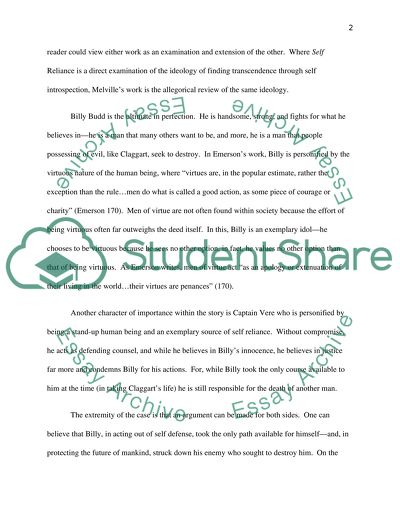Cite this document
(“Self Reliance within the Story of Billy Budd Essay”, n.d.)
Self Reliance within the Story of Billy Budd Essay. Retrieved from https://studentshare.org/literature/1451140-analyse-and-compare-two-books
Self Reliance within the Story of Billy Budd Essay. Retrieved from https://studentshare.org/literature/1451140-analyse-and-compare-two-books
(Self Reliance Within the Story of Billy Budd Essay)
Self Reliance Within the Story of Billy Budd Essay. https://studentshare.org/literature/1451140-analyse-and-compare-two-books.
Self Reliance Within the Story of Billy Budd Essay. https://studentshare.org/literature/1451140-analyse-and-compare-two-books.
“Self Reliance Within the Story of Billy Budd Essay”, n.d. https://studentshare.org/literature/1451140-analyse-and-compare-two-books.


